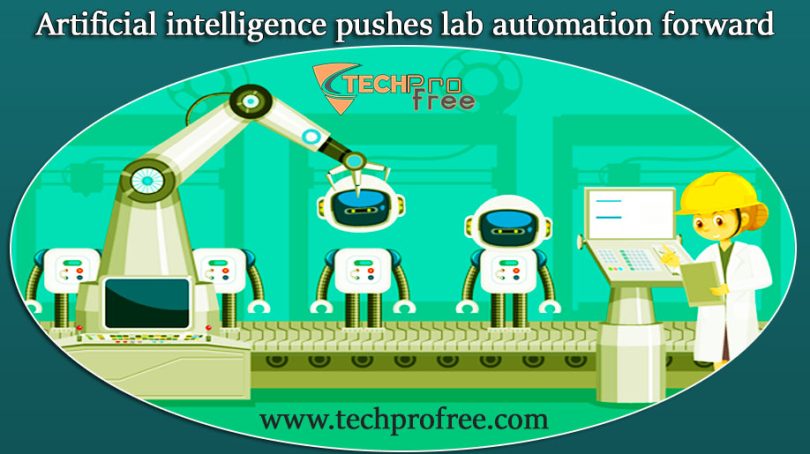The Integration of AI and Automation in Healthcare:
Laboratory professionals in the healthcare industry are embracing automated analyzer technology to meet the growing demand for accurate and swift diagnoses from clinicians and patients. This shift towards automation aims to replace manual analysis, which is time consuming and labor intensive. A well notable development in this field is the integration of artificial intelligence (AI) and machine learning (ML) into analyzer software. These advancements primarily focus on improving efficiency, particularly due to the ongoing shortage of skilled laboratory professionals. By harnessing AI/ML capabilities, laboratories are automating various tasks such as workflow management, sample triaging and prioritization, disease differentiation, result verification and quality checks.
The potential of AI and automation technology:
The potential of AI and automation technology lies in its ability to enhance laboratory processes and drive efficiency. Automation aims to increase sample throughput by reducing the time required for hands-on tasks per sample. One of the main advantages of automation is the reduction in human errors and variability in sample preparation and processing, leading to improved reproducibility and accuracy.
The reproducibility offered by automation enables the use of smaller sample volumes, which is crucial when sample availability is limited, as is often the case in clinical and life science applications. Additionally, as fields like multi-omics and precision medicine gain momentum, the number of analyses performed on a single sample is increasing, further driving the need for smaller sample sizes per analysis. As robotics and automation technologies become more user-friendly and capable of addressing well-defined and repetitive workflow components, laboratory science staff are able to allocate their time to additional projects that may be more intellectually stimulating.
Sustainable Automation and AI in Healthcare:
Considering the future, both the well-being of individuals and the planet are important considerations. From a sustainability perspective, automation and robotic sample processing reduce solvent usage and waste. However, while automation simplifies processes and reduces labor requirements, the adoption of data-intensive approaches like machine learning may create a desire for scaling up operations. AI will play a crucial role in efficiently visualizing and analyzing large, complex and diverse datasets, enabling analysts to identify anomalies and establish patterns for improved experimental outcomes and insights. It will also facilitate advanced interpretation and quantification in imaging-based applications, such as cellular and tissue analysis.
AI, Cloud and the Future of Laboratory Operations:
Looking ahead, AI and the Cloud will not only accelerate high-performance, secure and efficient global laboratory operations but also foster global partnerships and collaborations within and across organizations. Remote data sharing, which proved vital during the COVID-19 pandemic, will support robust machine/deep learning outcomes through interlaboratory data sharing and large-scale data aggregation.
Transforming Biotechnology: AI, Automation and Robotics:
Furthermore, a notable application of AI, automation, and robotics is in synthetic biology and cellular manufacturing, where biological cells are reprogrammed for practical purposes. The Design-Build-Test-Learn cycle, at the core of Synthetic Biology, involves iterative processes to understand and control cellular pathways and metabolism for optimizing cellular performance. This biologically-based synthesis and production not only enable the development of new and improved products in the bio economy but also offer a potentially transformative and sustainable alternative to petrochemical-based synthesis.




Leave a Comment